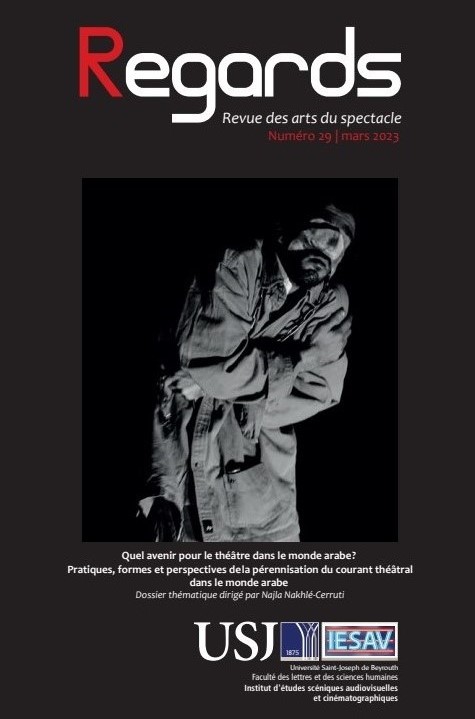Abstract
The theater text is always a text to come, according to Valère Novarina’s expression. Once written, it writes itself over and over again on stage. And translating it is always a delicate undertaking. This task is even more difficult when we have a theatrical text where the adventure of thought resides in the very fact of going through language, where "a speech from before the ability to speak" emerges, where the words, "set in motion", surprise you with unpredictable, incisive meanings, thanks to a mysterious sonority or a tripping up of grammar. This is the great difficulty in translating the Novarinian theater into any language. This translation is even more formidable towards literary Arabic as this variety of Arabic has for more than a millennium forged an unbreakable link with the sacred, a link which tends to freeze meaning and forms, to stigmatize any figure of multiple and variation. This article attempts to weave a reflection on these issues.

